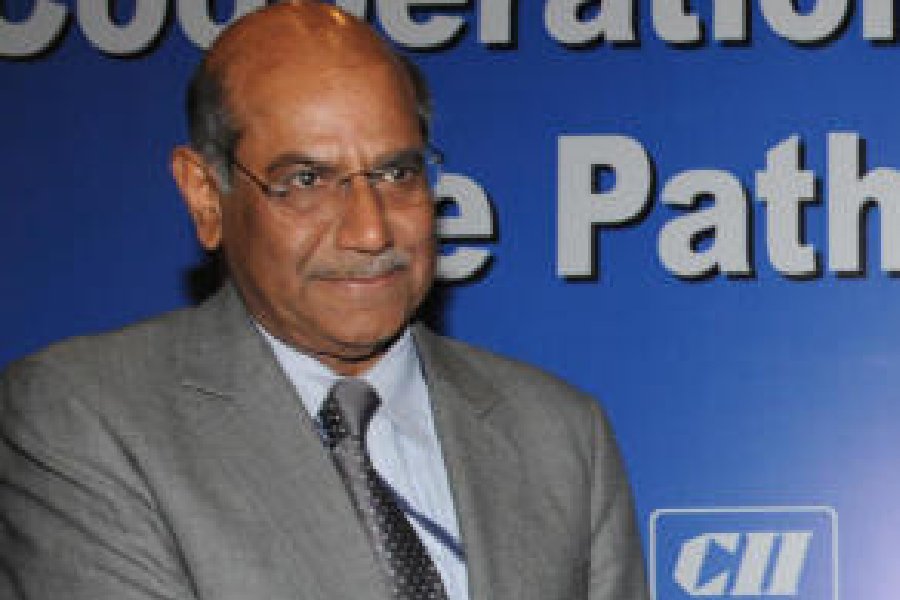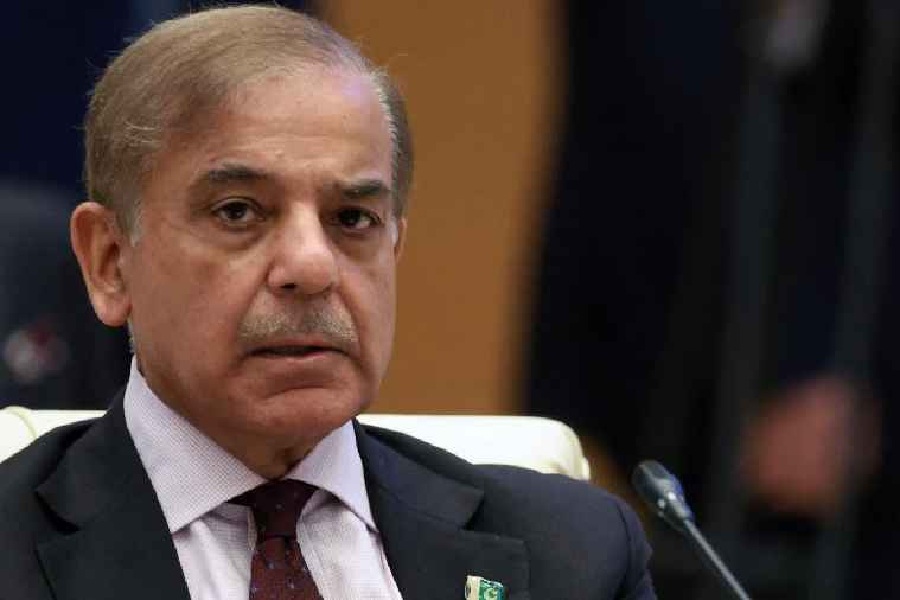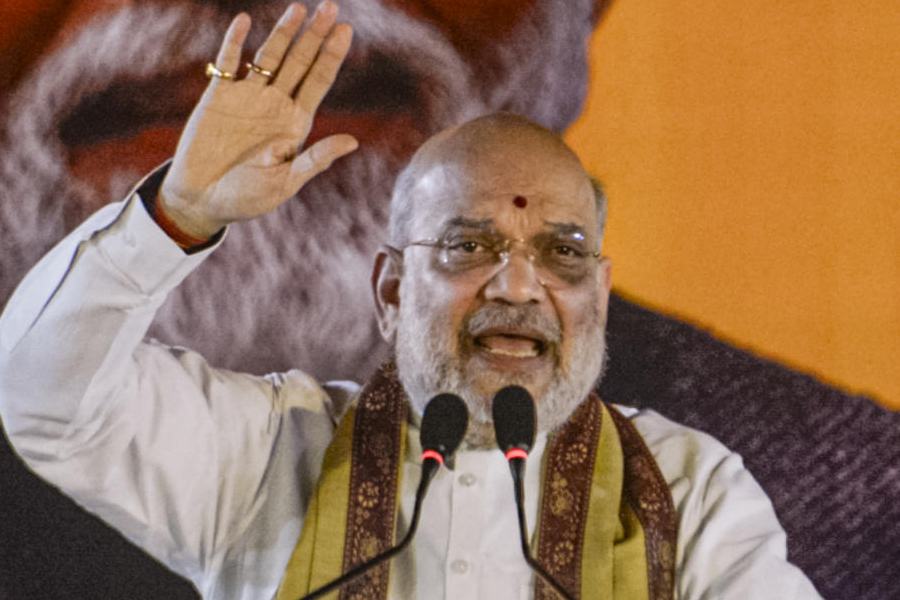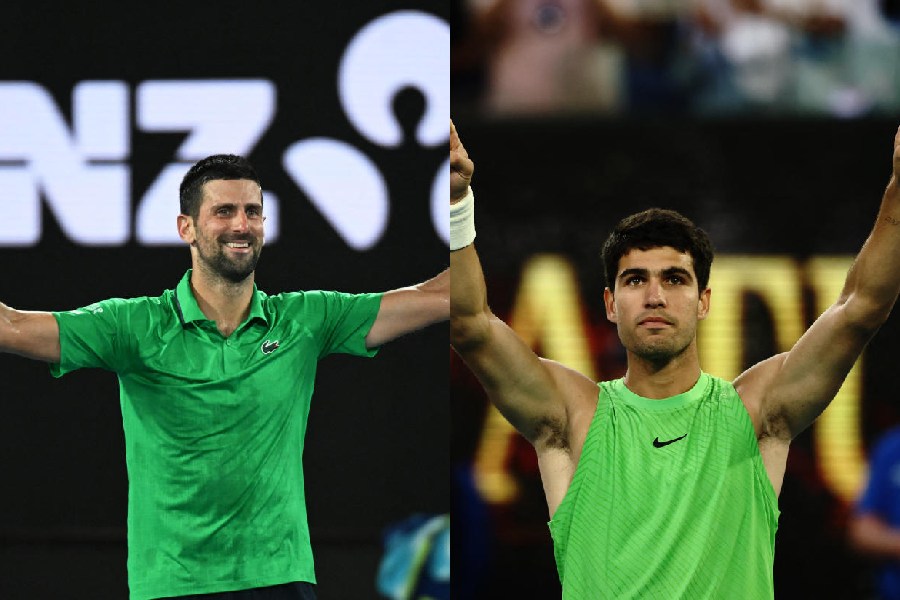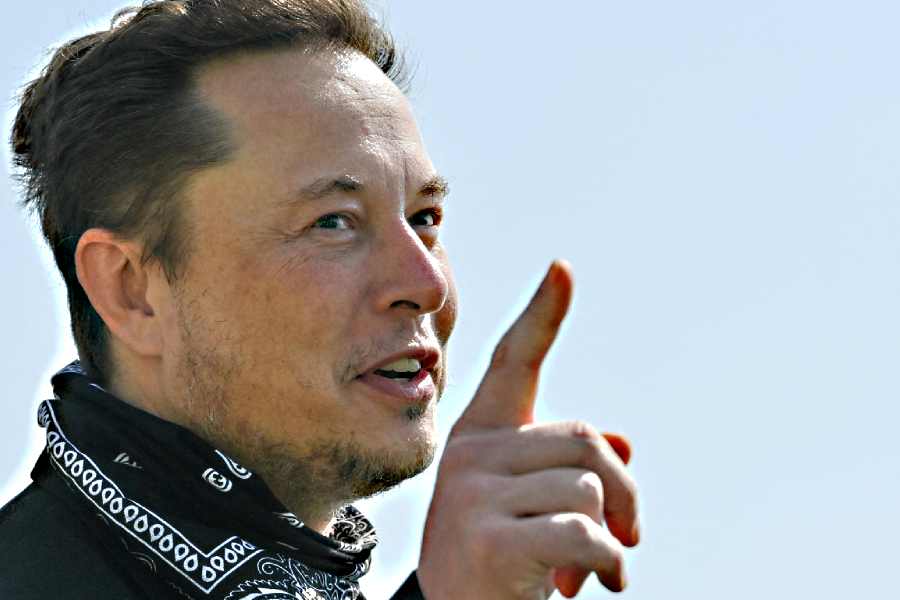India-US relations are unlikely to return to the upward trajectory of the past quarter-century even if a trade deal is achieved, former foreign secretary Shyam Saran said on Saturday.
He endorsed as prudent Prime Minister Narendra Modi’s decisions to skip this weekend’s Asean summit and the Gaza peace summit earlier this month, thereby avoiding possible meetings with US President Donald Trump.
“I cannot see our relations with the US – even if we manage to get a trade deal in the aftermath of our reduced purchases of Russian oil – just go back to where they were before the sanctions were put on India, and also the kind of outreach which has been made to Pakistan by President Trump at a time when India-Pakistan relations themselves are under so much tension...” Saran said in an interview anchored by Karan Thapar for The Wire.
“For people to think (that) with a trade deal and the oil issue behind us now, relations can go back to where they were before, I do not believe that is going to be the case.”
Saran didn’t think Modi had made a mistake by avoiding the Asean and Gaza summits.
“No, I don’t think it would have been wise of him to go to Kuala Lumpur and not being able to avoid a meeting with President Trump,” he said.
“There is no need for the Indian Prime Minister to be a kind of a prop in a spectacle choreographed by President Trump. That is what he (Trump) keeps doing all the time. Why should we be a prop in that?.... The kind of prudence on the part of the Prime Minister of India is fully understandable.”
Saran suggested that the delay in reaching an India-US trade deal indicated a larger geopolitical challenge.
“This is not about trade. This is about changed geopolitics. The Indo-Pacific strategy — which was a central kind of a node of US global strategy — has now diminished in importance for the United States,” he said.
“If that has diminished, India’s position and India’s importance for the (US) has also diminished as a result.... The Indo-Pacific strategy, which Trump initiated (in his first term) and was continued by (President) Biden, is going through a change.
“And, if tomorrow, when he (Trump) meets (Chinese President) Xi Jinping, some kind of understanding is reached with China, then... there will be even less importance attached to the Indo-Pacific strategy.”
Trump is to meet Xi next week.
Saran cited “a personal pique element” as one possible reason behind Trump repeatedly embarrassing the Prime Minister by claiming to have brokered peace between India and Pakistan and saying Modi had agreed to cut back on purchases of Russian oil.
“There is a personal pique element involved as well, which is that he keeps repeating that he avoided a war between India and Pakistan. India keeps saying that the (US) and President Trump had no role to play in that respect and for a person like Trump, who has a very inflated ego, this is something that he is not able to stomach,” Saran said.
On the contrasting Indian and US versions about the Diwali phone conversation between the two leaders, Saran said it was unlikely that Modi would have agreed to cut back on Russian oil purchases so close to President Vladimir Putin’s India visit in December.
He suggested that Russia seemed “a more reliable and predictable partner” than the US at the moment.
Saran hoped that India-US ties would not decline further, and suggested it might settle at a “lower equilibrium than (its) potential”.
“We cannot go back to square one; there is no square one left.”

